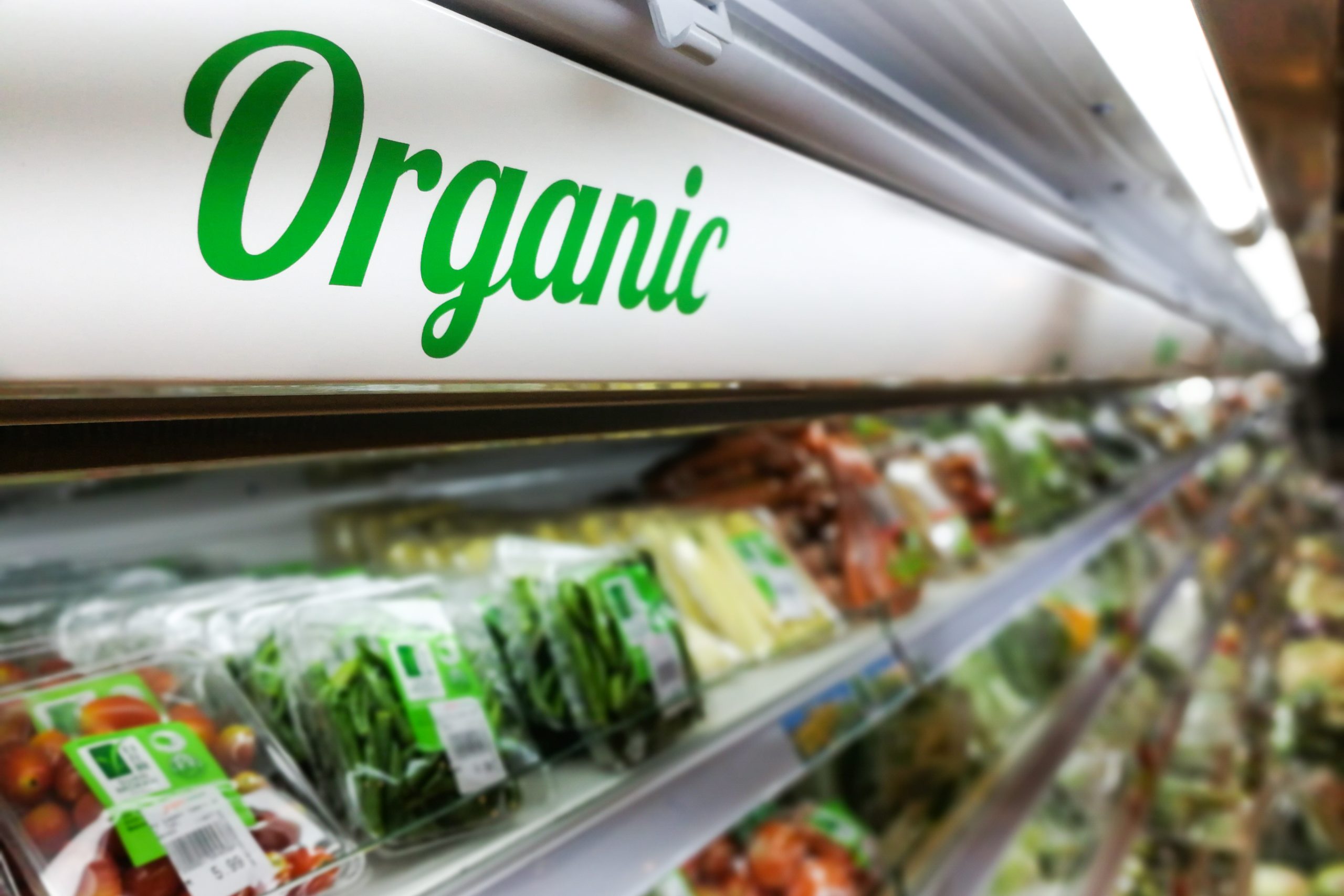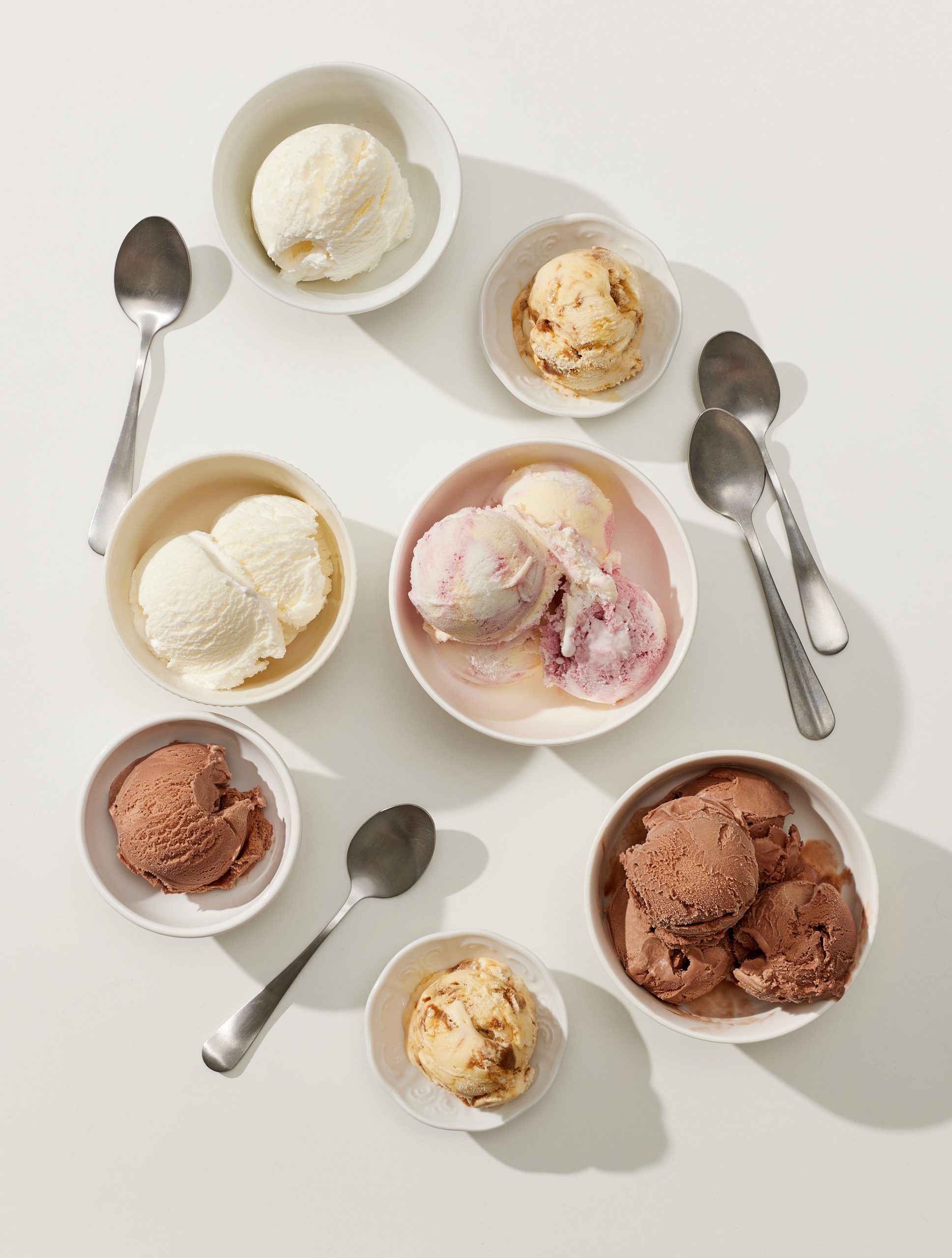Your grocery store loyalty card is a powerful surveillance tool. It is not just a way to save money. It is a way for the retailer to build a detailed, data-driven profile of who you are as a consumer. The store’s data analysts are tracking every single item you buy. They are using this information to predict your behavior. They are also using it to send you targeted, personalized marketing. These 10 items are some of the most valuable data points they are tracking.

1. Baby Formula and Diapers
This is the most valuable data point of all. When you buy this, the store knows you are a new parent. This is a “trigger” event. The store can now target you with ads for toys, baby food, and clothes. They can also sell this data to third parties. These can include college savings plans and insurance companies.
2. Alcohol
The store tracks your alcohol purchases very closely. This helps them to build a profile of your tastes. They can identify you as a “premium wine” buyer or a “craft beer” enthusiast. They can then use this data to send you targeted promotions for other high-end, high-margin items.
3. Pet Food
When you buy a large bag of dog food, the store knows you are a pet owner. This is another major “trigger” item. They can now target you with ads for pet toys, flea medication, and grooming services. This opens up a whole new and very profitable marketing category for the store.
4. Organic Produce
Your purchase of organic berries or kale flags you as a “health-conscious” shopper. This is a very valuable demographic. The store will now start to send you ads for its other premium, high-margin health foods. This includes things like kombucha, plant-based proteins, and expensive supplements.
5. Your Preferred Brand of Soda or Coffee
The store tracks your brand loyalty. They want to know if you are a “Coke” person or a “Pepsi” person. If you are a loyal, brand-name buyer, they will continue to send you those ads. If you buy whatever is on sale, they will send you coupons to try and get you to switch to their more profitable store brand.
6. Gluten-Free Products
When you buy a gluten-free product, the store does not know if you have celiac disease or are just following a trend. It does not matter. You have been flagged as a “specialty diet” shopper. The store will now be able to target you with ads for all of its other “free-from” products.
7. Over-the-Counter Medicine
Your purchase of allergy medicine or a specific pain reliever is a very valuable data point. It helps the store to predict your seasonal needs. It also helps them to build a health profile of your household. They can use this information to market other wellness products to you, from vitamins to humidifiers.
8. Deli and Prepared Foods
When you buy a ready-to-eat rotisserie chicken or a deli sandwich, the store flags you as a “convenience-oriented” shopper. They know that you are busy and willing to pay a premium for a quick and easy meal. So, they will use that information to target you with ads for their other, new, pre-made meal solutions.
9. Your Ice Cream Brand

Your choice of ice cream reveals to the store your spending habits. If you buy the cheap, store-brand tub, you are a budget shopper. If you buy the expensive, premium pint of Ben & Jerry’s, you are an “indulgence” shopper. This small detail helps them tailor their future offers to you.
10. Nutritional Supplements and Vitamins
Your purchase of vitamins, protein powder, or other supplements is a clear signal of your lifestyle. The store can now add “fitness enthusiast” or “wellness” to your profile. This allows them to send you targeted ads for other health-related products. This can include everything from yoga mats to fitness magazines.
The Cart as a Crystal Ball
The grocery store is no longer just in the business of selling food. It is in the business of collecting data. Your loyalty card is the tool that they use to do it. Every item they scan is another piece of a puzzle. It helps them to build a complex and very accurate picture of who you are, what you need, and what you are most likely to buy in the future.
How do you feel about your grocery store tracking your purchases in this way? Does it change your willingness to use a loyalty card? Let us know your thoughts!
What to Read Next
- Tariffs, Droughts and Covid Hangover: The Three Food-Price Monsters You Should Be Tracking This Season
- These “Safe” Coupons Are Actually Tracking Your Spending Habits
- Digital Discounts: 6 Coupon Apps That Track Your Location Even When You’re Not Shopping
- What Are These New Grocery Surveillance Carts Really Tracking?
- Are Loyalty Programs Now Tracking You Offsite?
The post 10 Grocery Items Retailers Are Tracking to Build Your Profile appeared first on Grocery Coupon Guide.







